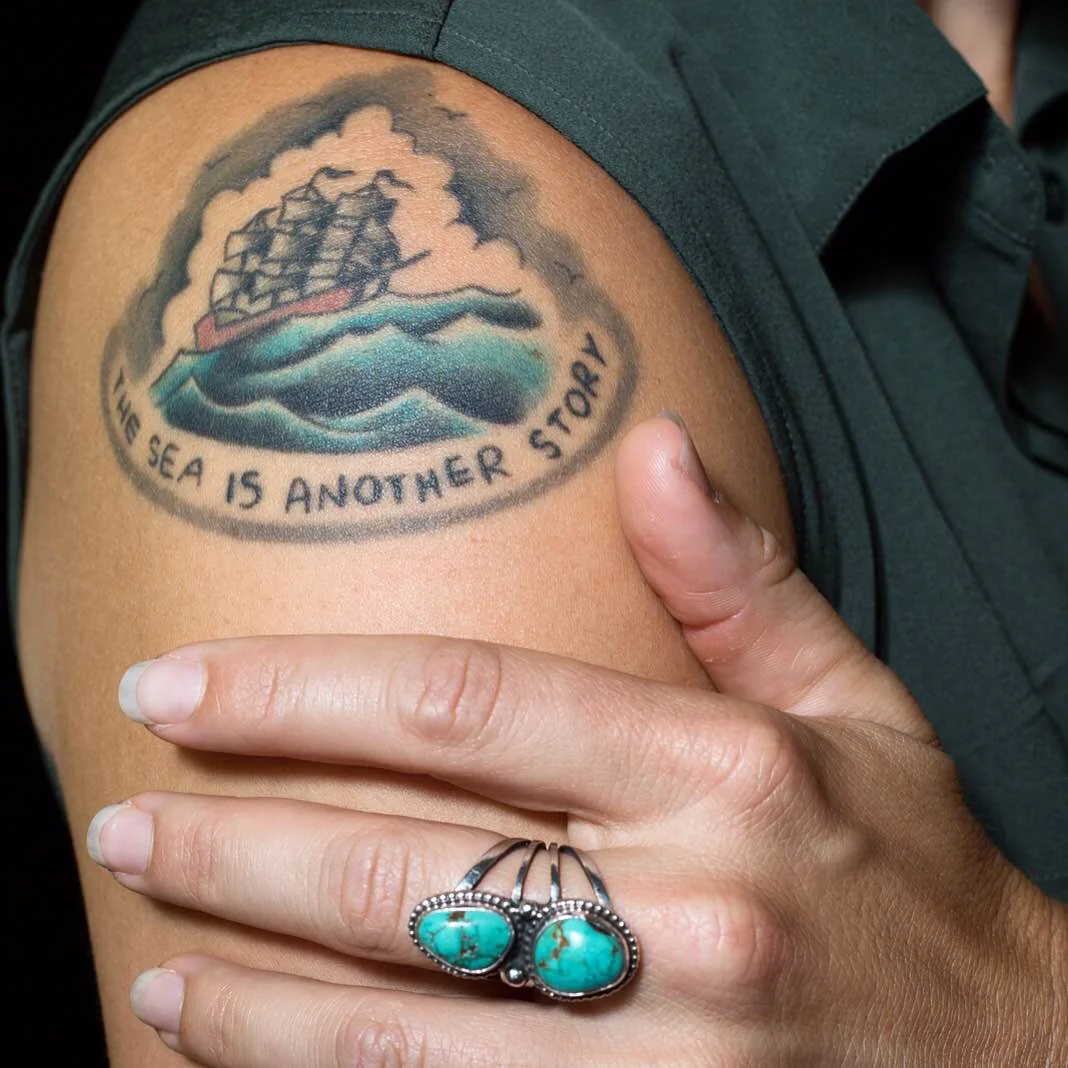So much of our lives are spent trying to understand how we fit in to the environment around us. It’s a survival technique, for sure- but as we grow older, we start to realize how detrimental it can be to keep surviving in that way. If we haven’t learned—or have lost along the way—the ability to check in with our bodies and our hearts to discover what really, truly feeds us, we can rely too heavily on the outside world to make our decisions for us. This can lead to exhaustion, overwhelm, intense stress, and feeling like we can’t go on this way. That’s because we can’t, and shouldn’t! It is possible to discover how to deeply listen to yourself, and do so in a way that makes you feel alive and connected.
This group offers a variety of practices to allow a recalibration of your connection to your body in the service of loving yourself and living the life that’s best for you. It is a time to recognize your body as a sacred space that holds vast information about who you are, what you need, and how to stay present with yourself in deep acceptance.
The group is limited to 7 people, all of whom will be interviewed and asked to complete a survey about their interest in the group. We will meet for five Saturday mornings, including one outdoor session, and one Friday night. This will give us a chance to practice our work at different times of day, so that you can identify how your body feels during the day, evening, and in different environments. We will have check-ins and some process around our explorations, and journaling will be encouraged. Some of the exercises will include: guided visualizations, a meditation guide from Buddhist nun Pema Chodron, collage and vision board creation, and some exercises from the recommended reading, “Embody” by Connie Sobczak. During our outdoor session we will conduct a “walk + write”, where we’ll gather together, state our intentions, and be guided through an ecotherapeutic understanding of connecting with nature. We’ll have the rest of the session to wander through (or stay still within) the natural space and write our sensations in a journal.
The intention of the group is to support a loving and connected relationship to your body. Your body is always with you at every second of your day, and holds great information for you at all times. Developing this connection with your body will help you grow your self-compassion and self-acceptance, which can be a useful ally in your struggles with a cruel and punitive inner critic. Listening to your body can help guide you to what is right for you in your life.
Dates: Saturdays October 18, November 1, 8, 15, 22 from 10:30-12
Friday October 24 from 5:30-7
(One Saturday will be spent outside in a location TBD for a nature-based “walk + write”)
Location: South Berkeley, CA
Cost: $300 for the series plus $25 for the initial in-person interview
This group welcomes people of all genders, sexual orientations, cultural identities, and body sizes and abilities. The group space is not wheelchair-accessible, therefore another space may be arranged if needed.
Call Molly Merson, MFT for more information about participating in this group. 510-594-4035 or therapy@mollymerson.com
Molly Merson, MA, MFT#52483 is a licensed therapist in Berkeley, CA. She does deep process and in-depth therapy with folks struggling with difficult feelings, inner critic, mood fluctuations, feeling like an outsider, and finding satisfying relationships. Find out more about her at www.mollymerson.com or call 510-594-4035 for information about her work and practice.





